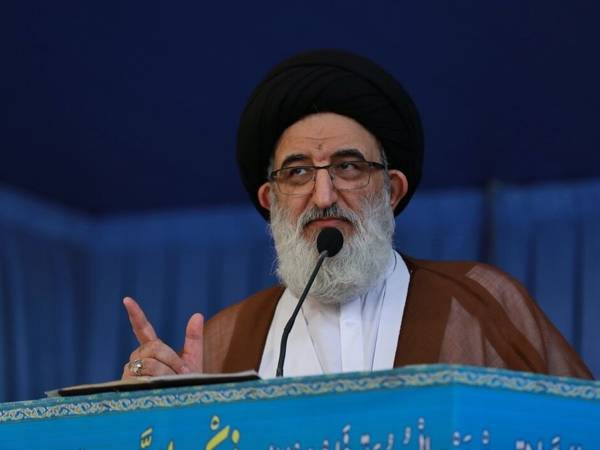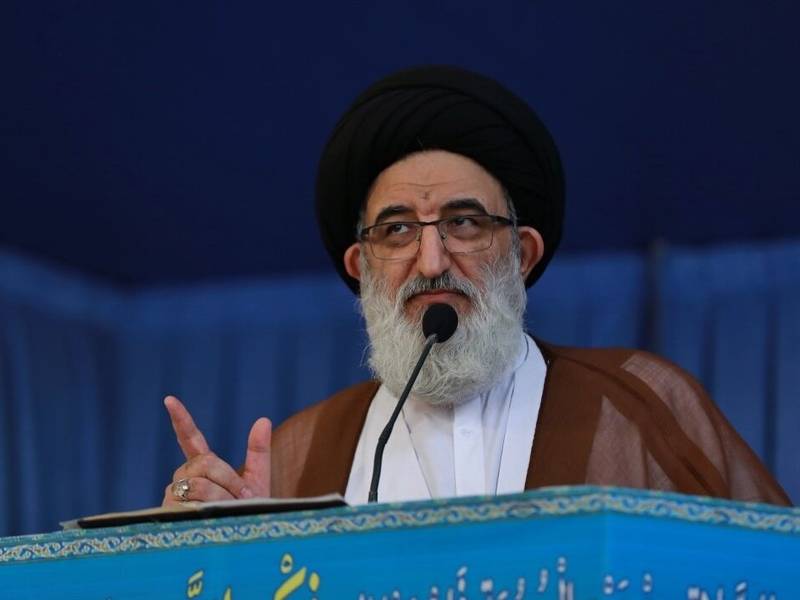State-appointed Iranian clerics have expressed their opposition to potential negotiations with the United States, criticizing the government's approach despite Supreme Leader Ali Khamenei potentially giving an implicit green light earlier this week.
Mohammad-Mehdi Hosseini Hamedani, the Friday prayer Imam of Karaj and the Supreme Leader’s representative in Alborz province accused supporters of negotiations of misleading the public.
"The enemy threatens Iran daily, yet some still talk about negotiations. The people know America cannot be reformed," he said during his sermon on Friday. He warned that those advocating for talks are placing Iranians in a false dilemma by pushing a narrative that all economic woes can be resolved through diplomacy.
Abdolnabi Mousavi-Fard, the Supreme Leader’s representative in Khuzestan, argued that Iran's strengthened regional position means talks are less necessary.
Any comprehensive talks with Washington, he insisted, would amount to surrendering to "illegitimate American demands."
"Before engaging in any new negotiations, the stance on America's demands must be clarified, as we know that the United States will not back down from its positions."
This comes as Iran's Supreme Leader Ali Khamenei urged officials this week to know their enemy when negotiating and to strike deals accordingly, cryptic remarks that some commentators interpreted as a tacit endorsement of US talks.
The remarks from hardline clerics come as the government signals openness to diplomatic engagement with the United States over Iran’s nuclear program.
In an interview with Sky News, Foreign Minister Abbas Araghchi said that while Tehran is open to hearing out President Trump, any new deal will be far more challenging to achieve than in 2018 when the original nuclear agreement was signed.
"The situation is different and much more difficult than the previous time," Araghchi said. "Lots of things should be done by the other side to buy our confidence … We haven't heard anything but the 'nice' word, and this is obviously not enough."
This follows President Trump’s earlier remark that it would be "nice" if the nuclear crisis could be resolved without escalation or the need for Israel to launch military strikes against Iran.
While Tehran signals a cautious willingness for dialogue, opposition from conservative clerics underscores internal divisions within the Iranian leadership, with hardliners urging defiance while the government assesses its next move.

